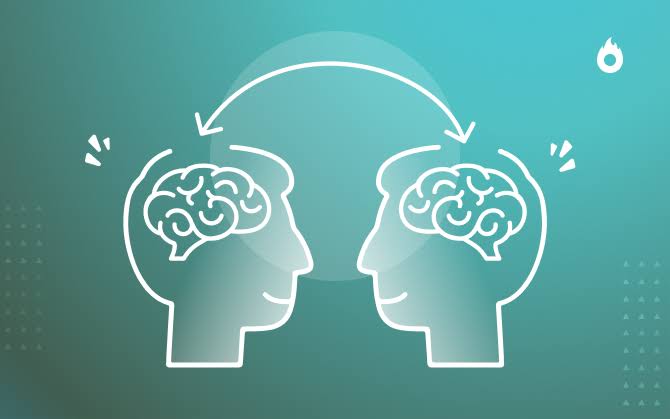The Persuasion Paradox | Top 3 Secrets to Winning Hearts Without Arguing
Have you ever found yourself in a conversation where no matter how hard you try to prove your point, the other person seems even more resistant? It’s like the harder you push, the more they pull away. What if I told you there’s a better way—one that doesn’t involve arguing, convincing, or endless explanations? This is where the Persuasion Paradox comes in. Sometimes, stepping back and focusing less on “winning” the argument can actually make you far more persuasive. In this article delight, we’ll explore the top 3 secrets to winning hearts without arguing. Strategies that rely on listening, empathy, and the power of subtle influence !
What is The Persuasion Paradox ?
The Persuasion Paradox refers to the counterintuitive idea that trying too hard to persuade someone often makes you less effective at convincing them. Instead of focusing on direct arguments or forceful attempts to change someone’s mind, the paradox suggests that effective persuasion involves strategic listening, understanding, and subtle influence. For example, A parent pushing their child to take a certain career path might face resistance, but gentle guidance and open dialogue can create alignment.
The Persuasion Paradox highlights the counterproductive nature of overly aggressive or direct attempts to influence others. At its core, the paradox is rooted in human psychology: people naturally resist being told what to do or think, especially when they feel pressured or manipulated.
Top 3 Secrets to Winning Hearts Without Arguing
Ask Thoughtful Questions
Instead of pushing your opinion, ask questions that encourage the other person to reflect and reconsider their stance. Questions help guide the conversation without creating resistance. Some examples include:
- “How do you think we can find common ground here?”
- What’s an experience that shaped how you feel about this?”
- “How can we make this task more fun for you?”
- “What would you like to try differently next time?”
- “If you were in my shoes, how would you approach this?”
Use Stories and Analogies
Facts and data can overwhelm or alienate people, but stories connect on an emotional level. Share relatable examples or analogies to help them see your point of view without feeling lectured.
Example: “This reminds me of when we tried X, and it worked because…”
Listen Actively
Most people listen to respond, not to understand. Change that by truly focusing on what the other person is saying, without interrupting or planning your rebuttal. When people feel heard, they’re more likely to open up and consider your perspective. Reflect back on what they said to show you understand their feelings and concerns.
Final Takeaway | The Persuasion Paradox
Winning hearts without arguing is not just an art; it’s a skill that can transform your relationships, work environment, and personal growth journey. The persuasion paradox teaches us that less is often more—less confrontation, more curiosity; less pushing, more patience. It’s about creating a space where others feel heard and valued. So, the next time you find yourself at odds with someone, take a step back. After all, a gentle approach often carries the loudest impact.
Further insights: Pre-Suasion: A Revolutionary Way to Influence and Persuade https://amzn.in/d/ehvW5j8
Read also : Kant’s Categorical Imperative https://thebrightdelights.com/kants-categorical-imperative-the-key-to-acting-for-the-greater-good/
